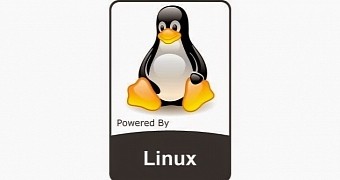Now that the Linux 4.13 kernel series is out, and it's ready for production use, it's time to look at the contributions made by some of Collabora's developers, which always bring goodies during each development cycle.
Linus Torvalds unveiled the Linux 4.13 kernel branch last week, a release that brought support for Intel's Cannon Lake and Coffee Lake processor family, among lots of other improvements. For the Linux kernel 4.13 cycle, it looks like a total of twelve Collabora developers have contributed no less than 72 patches, reviewed 25 patches, tested 10 patches, and signed-off 83 patches.
As for the goodies implemented by Collabora's devs in the Linux 4.13 kernel, we can mention device tree bindings for ARM Mali Midgard GPUs, various DRM core cleanups to fix potential deadlocks and race-conditions, improvements to the virtual media controller driver, more cleanups to the mcp23s08 port expander driver, and deprecation of legacy code from the twl4030 driver.
Bluetooth support for Motorola Droid 4
The list of improvements continues with implementation of Bluetooth support for Motorola Droid 4 devices, DES and AES crypto accelerator support for OMAP4 architectures, support for disabling early handling of watchdogs that's usually unnecessary on embedded systems, and it looks like both the sh-sci and pl010 serial drivers received support for running on multiplatform kernels.
On top of all of the above, Collabora's devs also fixed various audio issues in the dw-hdmi driver, reviewed several patches related to the dma-buf driver, tested various device tree enhancements for the ARM64-based M3ULCB board, tested the ARM Mali Midgard GPU DT bindings and several patches related to the cros_ec driver, and reviewed multiple patches that removed legacy OMAP code. More details about the patches added by the Collabora developers can be found in the blog announcement.

 14 DAY TRIAL //
14 DAY TRIAL //